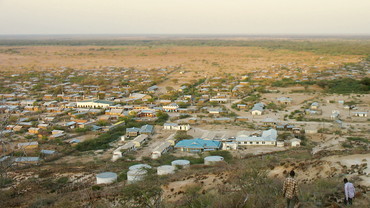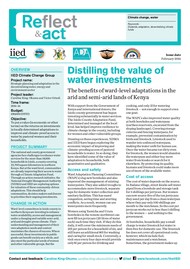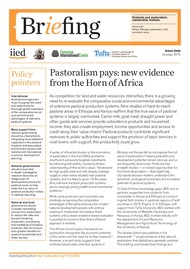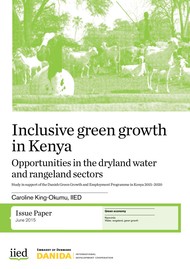Pastoralism: drylands’ invisible asset? Developing a framework for assessing the value of pastoralism in East Africa
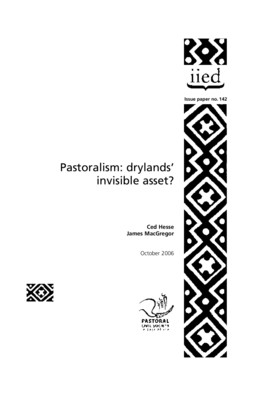
Many policy makers in East Africa have preconceptions about the value of pastoralism as a land-use system believing it to be economically inefficient and environmentally destructive. Yet, this is not evidence-based. Not only is there no consensus on what is a dynamic economic model of pastoralism, no mechanisms exist to inform government decision-making of its comparative advantages over alternative land uses. This paper argues that pastoralism does make a significant contribution to society and that, with better understanding, planning and data collection, its value can be demonstrated. The paper presents a preliminary framework for assessing the benefits of pastoralism that goes beyond conventional criteria relating to livestock and their by-products. While the paper focuses on East Africa, much of the analysis is applicable to pastoral systems in other regions of Africa.
Cite this publication
Available at https://www.iied.org/12534iied
